
States Experiences in Focus
“States parties in focus” is a series of profiles, prepared by the CTI Secretariat in consultation with the profiled State, which shares inspiring journeys and experiences with other States that are considering ratifying or are in the process of implementing the UN Convention against Torture and Other Cruel, Inhuman or Degrading Treatment or Punishment (UNCAT) and/or its Optional Protocol (OPCAT).
They provide concise and easy-to-read information on the reasons why States have opted to join UNCAT, the steps they have taken to implement the Convention and the positive outcomes for national and local authorities, agencies, citizens and other stakeholders.
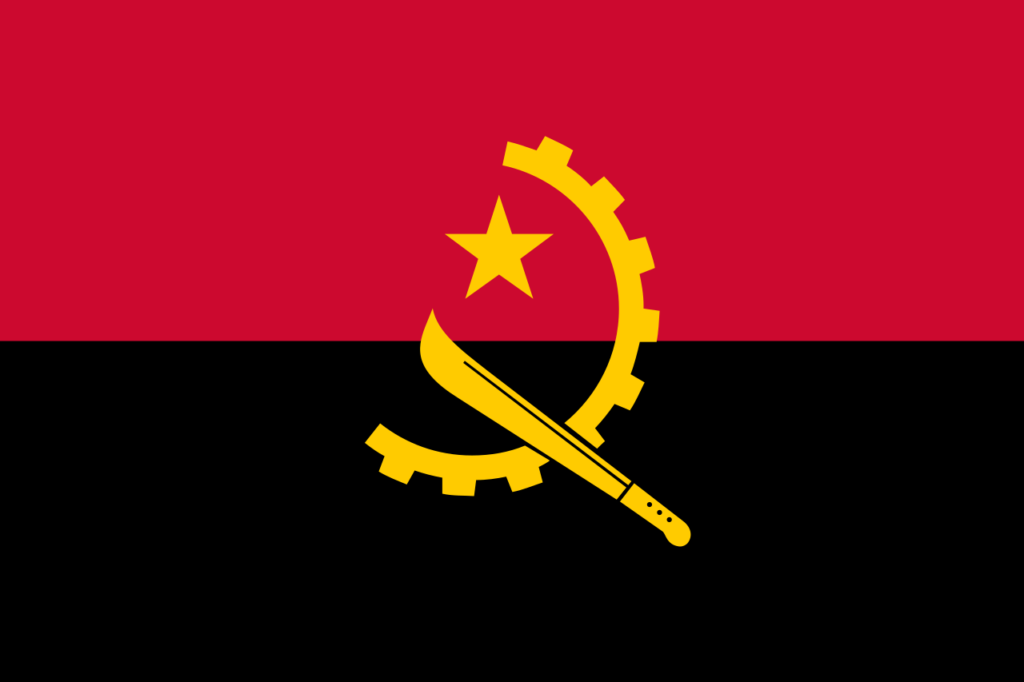
Angola’s story highlights how UNCAT is supporting the Government’s human rights reform agenda, and sets out a number of major initiatives to guard against and respond to incidents of torture and ill-treatment.
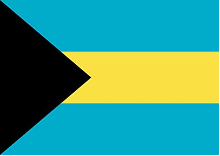
The Bahamas encouraged other Caribbean island States to ratify UNCAT after it became a party in May 2018. Read about the efforts undertaken by the Government to strengthen the legislative and law enforcement sectors, by using UNCAT as a roadmap for reforms.

Chile, one of the six CTI Core States, ratified UNCAT in September 1988 and OPCAT in 2008. We highlight here how this allowed the country to embrace a culture of respect for human rights and to build strong legal and institutional frameworks, as well as the good steps that Chile took to prevent the recurrence of acts of torture and ill-treatment and to provide redress for victims.
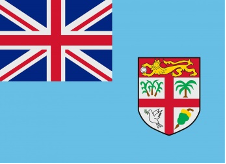
A recent State party to UNCAT and a CTI Core State, Fiji has been striving to implement the provisions of the Convention since it ratified it in 2016, building on its constitutional framework and developing prevention measures.
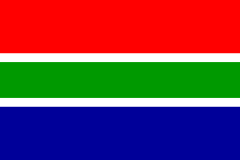
The Gambia ratified UNCAT in September 2018 as part of its democratic transition. This profile underlines why it took this decision, how it sees UNCAT as part of a process toward restoring citizens’ trust in public institutions, and its reform agenda, so that past abuses are never repeated.

Ratifying UNCAT in 2000 and OPCAT in 2016 created an impetus for Ghana, a CTI Core State, to implement a number of needed reforms, particularly in its penitentiary system and through cooperation with UN bodies. Its experience can serve as inspiration for other States to follow its path as universal ratification in Africa draws near.
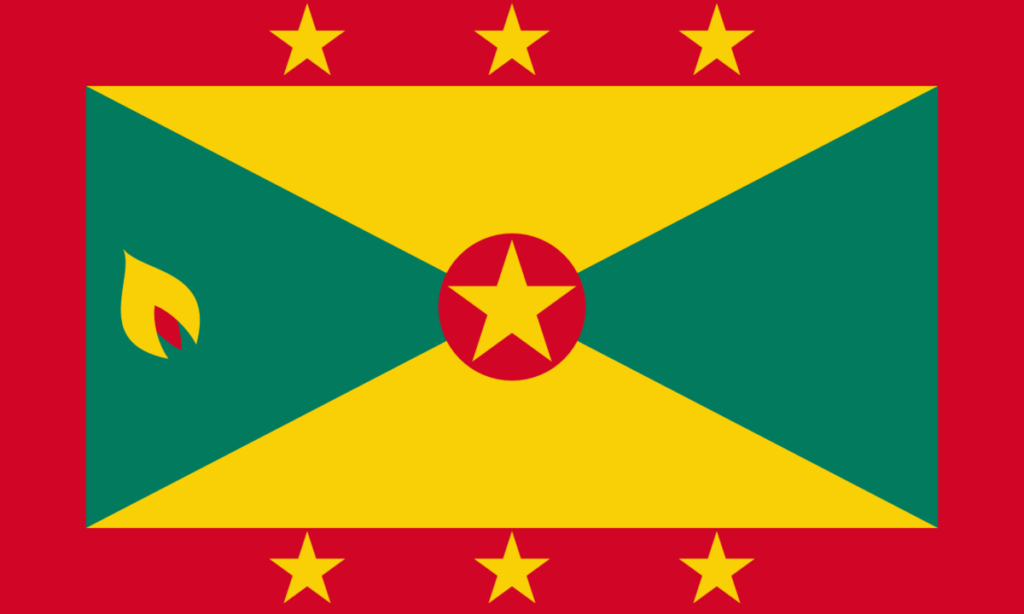
The blog on Grenada highlights some of the positive measures the country has taken to implement UNCAT domestically, such as measures to combat sexual and domestic violence; professionalise the police service through community-policing initiatives; and strengthen the country’s juvenile justice programmes.

Indonesia signed the UNCAT in December 1984 and in October 1998, became the third Southeast Asian States party to the Convention. The blog on Indonesia underlines the leading role taken by the State in promoting the universal ratification of UNCAT in the region and beyond, including by being one of the Core States founding CTI in 2014.

The blog on Samoa explores the State’s experiences in ratifying UNCAT in 2019, and looks at positive steps taken to implement the Convention domestically, such as bolstering training for police and law enforcement personnel, and strengthening monitoring mechanisms to reinforce anti-torture efforts.
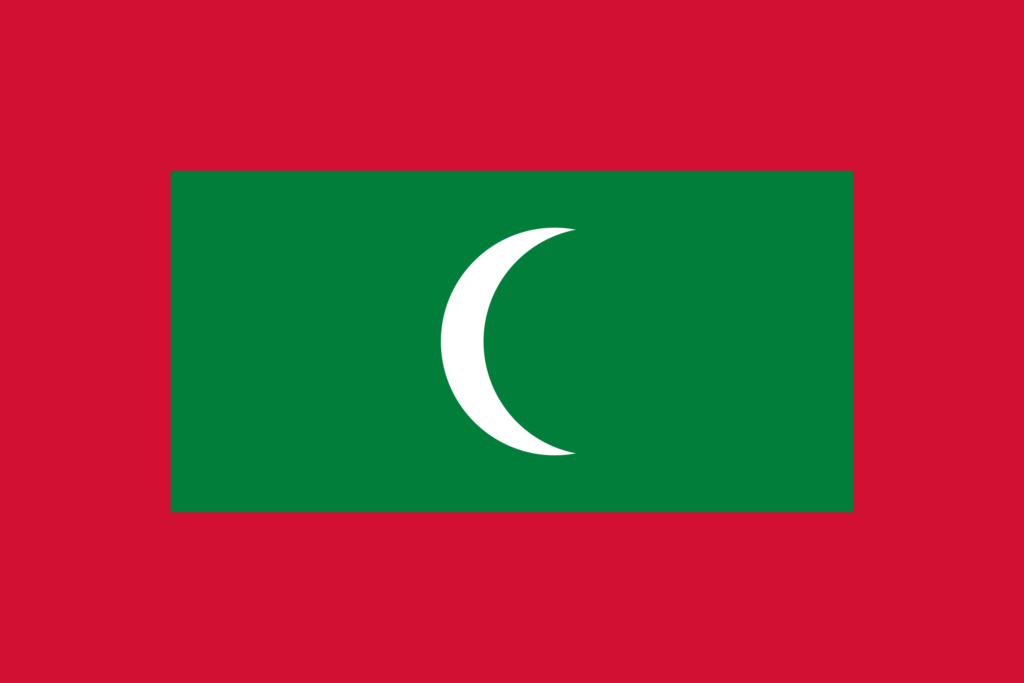
The blog on the Maldives explores the State’s experiences in ratifying UNCAT in 2004 and its Optional Protocol in 2006, notably through the enactment of a stand-alone Anti-Torture Act in 2013 and strengthening torture prevention and response in custodial settings.
If you want to see more CTI Tools, please check the Resources for States.

